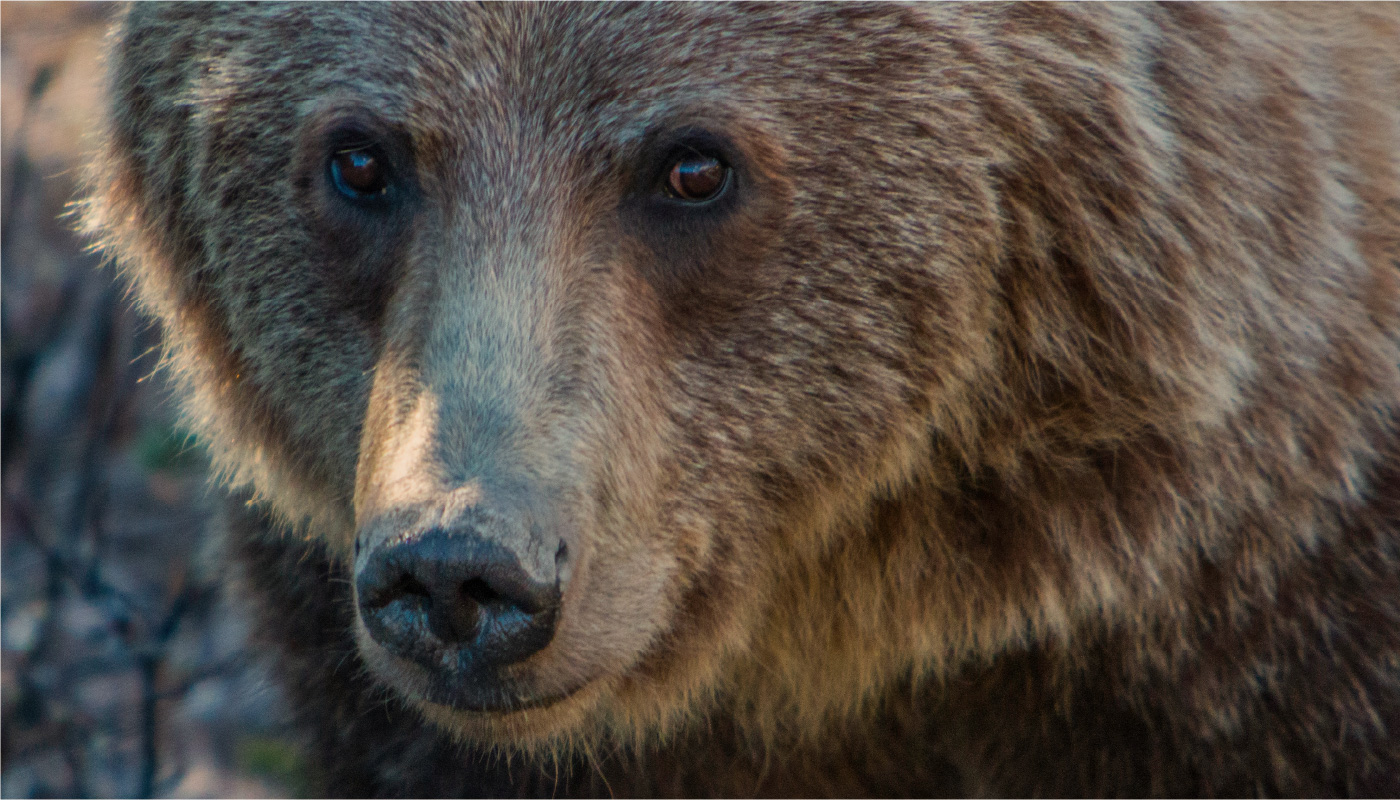
Are you a researcher interested in learning more about the endangered black swift bird?
On March 14 and March 20, 2024, Y2Y is hosting two free online training presentations led by Paul Levesque, BSc., on an introduction to black swifts.
Who are these trainings intended for? Those working on land birds, aerial insectivores, and surveying for species at risk may find this training useful. Attendees will learn about this species’ biology, inventory, nest searches, and nest site habitat surveys.
When does it take place? There are two trainings available. Free registration is required to attend. Please register for the date/time that works best for you:
- Thursday, March 14, 2024 from 12:30 to 2 p.m. MST – Register for March 14 here >>
OR
- Wednesday, March 20, 2024 from 4:30 to 6 p.m. MST – Register for March 20 here >>
Please note: These trainings will be taking place on Teams. Please ensure you download the Microsoft Teams app to your mobile or desktop device prior to joining the meeting. Any questions about this event can be sent to this email.
About the presenter
Paul Levesque is an independent biologist working on inventory projects across British Columbia. He has co-authored several papers on Black Swifts and has discovered many new nesting sites in western Canada. In recent years, Paul has helped to advance Black Swift methodologies and develop the Canadian Black Swift survey protocols.
More about black swifts
The Black Swift is the largest swift in North America. Canada is home to over 80 percent of the population. It has an almost entirely blackish plumage, has long, pointed wings and is the only North American swift with a notched tail. As well as having many unusual life-history traits compared to other landbird species, the Black Swift may be a sensitive indicator for climate change. This is because its waterfall nesting sites are likely to be impacted by decreased snow pack and glacial melt. The Black Swift feeds exclusively on flying insects.
This event is made possible with financial support from Environmental Damages Fund, ECCC, Canada.
Photo credit: Jess Findlay Photography


